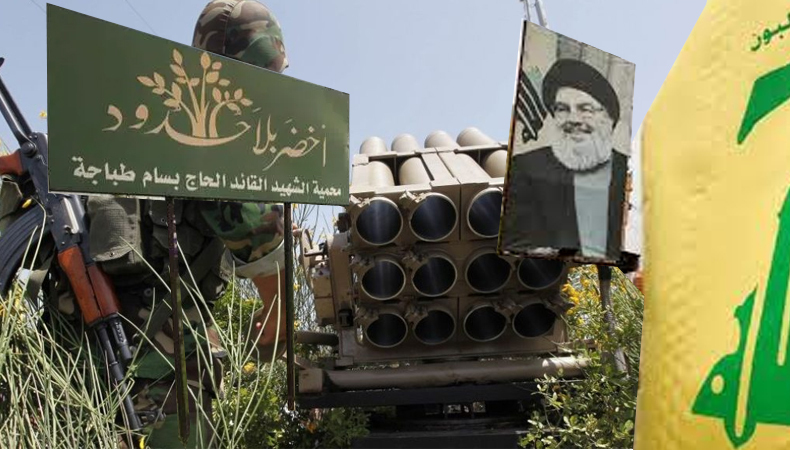Lebanese environmental organisation allegedly a wing of Hezbollah

Workers in a pickup truck parked at a nature reserve named after a deceased member of the terrorist Hezbollah group on the outskirts of this southern Lebanese village. Two sizable eucalyptus tree seedlings were taken from the shipment and planted.
The men work for a non-governmental organisation called Green Without Borders, which claims to conserve Lebanon’s natural areas and plant trees.
However, Israel, the US, and some Lebanese claim the NGO is a front for Hezbollah to cover up its military actions. They claim that the group has been establishing outposts for the militant organisation near Israel’s border. Residents of the bordering Christian community of Rmaych in the south reported coming across armed men last month.
Hezbollah asserts that it is not affiliated with Green Without Borders, and Green Without Borders denies any connection to the organisation.
The leader of Green Without Borders, Zouher Nahli, told The Associated Press, “We are not an arm for anyone.” “As a non-political environmental organisation, we work for all people.” The NGO has planted hundreds of trees at the Bassam Tabaja Nature Reserve, which bears the name of a Hezbollah fighter murdered in Syria in 2014.
Read | In an unexpected visit to Jordan, King Abdullah meets Israeli Prime Minister Netanyahu
According to him, the organisation receives money from the environment and agriculture ministries as well as from affluent Lebanese who are concerned about the environment and local governments, primarily in the eastern Bekaa Valley and southern Lebanon. He claimed to work for the Agriculture Ministry.
According to Nahli, the organisation has assisted in planting around 2 million trees since it began operations in 2009.
Over the years, Israel and Hezbollah have fought multiple battles, the most recent of which ended in August 2006. 160 Israelis, largely military, and 1,200 Lebanese, mostly civilians, died during the 34-day combat.
The border region should be devoid of “any armed troops, assets, and weaponry,” other from those used by the government and UN forces, according to the UN Security Council resolution that put an end to that war. Thousands of Lebanese soldiers were stationed in the border region after the war, and the UN peacekeeping force UNIFIL, which has been there since 1978, was expanded.
In a report from November, UNIFIL stated that prefabricated houses and shipping containers had been erected at 16 locations along the border, some of which had obvious Green Without Borders branding. It claimed that UNIFIL patrols were repeatedly stopped from getting close to the places.
According to the Israeli military, Hezbollah gathers intelligence at Green Without Borders outposts along the border.
The proliferation of the group’s outposts along the border obstructs UNIFIL access and “is heightening tensions in the area, further demonstrating that this so-called environmental group is acting on behalf of Hezbollah,” according to US deputy UN ambassador Richard Mills at a Security Council meeting in September.
The council adopted a resolution at the meeting strongly denouncing UNIFIL-related harassment, intimidation, attacks, and restrictions.




